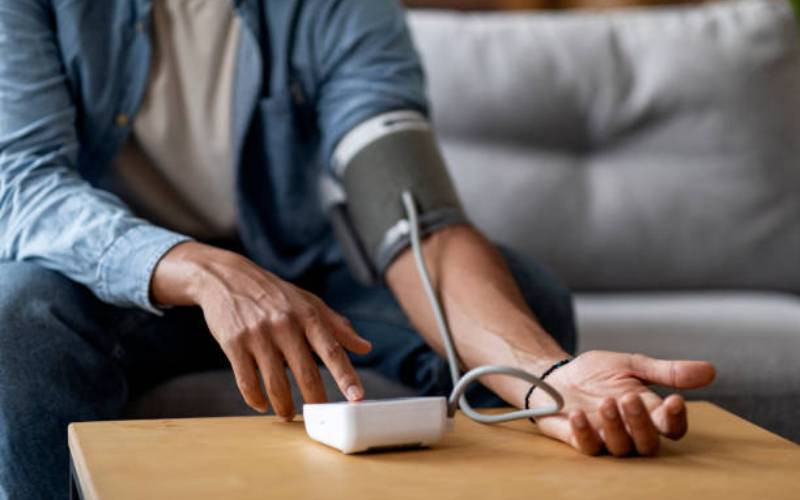×
The Standard e-Paper
Kenya’s Boldest Voice

In a recent report released by the World Health Organization (WHO), the devastating global impact of high blood pressure, also known as hypertension, takes the spotlight.
The report reveals that; 1 in 3 adults worldwide struggle with hypertension, a deadly condition that can lead to stroke, heart attack, kidney failure and other health problems.